The amazing Hartlepool VE Day street party on the smallest of rations - 75th anniversary brings back childhood memories for ex-pat
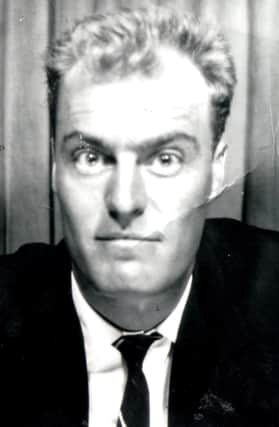

War in Europe came to an end on May 8, 1945 and Joe Richmond remembered the reaction in Hartlepool.
“I remember it well,” said the 83-year-old who now lives in Australia.
Advertisement
Hide AdAdvertisement
Hide Ad“ I was nine years old when it ended, We all had a street party in Millbank Road but I don’t think we had a lot to eat.
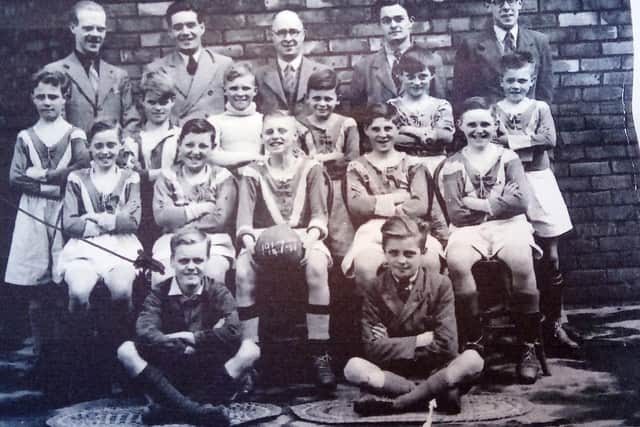

“I had spent many a long, cold, dark, night in the Anderson air raid shelter everyone had in their front gardens.
“I also remember food rationing from 1940 till about 1955. Food rations for adults then consisted of Bacon 4 oz. (100 grams), other meat to the value of 14 pence, butter 50 grams. Cheese 50 grams. Margarine 100 grams, Cooking fat 100 grams.”
People were allowed three pints of milk a week as well as eight ounces of sugar and two ounces of tea.
Advertisement
Hide AdAdvertisement
Hide AdJoe added: “Eggs and cooking fat were also rationed, I think we were allowed one egg per week. Bread and vegetables were not rationed so imagine men working in the shipyards, the steelworks, and the coal mines on these rations.
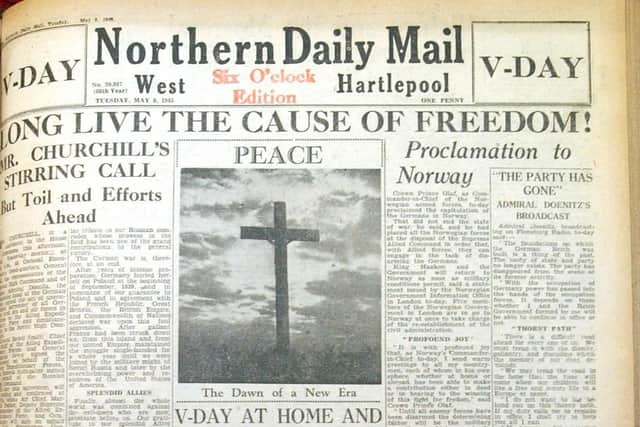

“But by far the worst thing from us children’s point of view, sweets were rationed, and the sweet ration was 12oz a month.”
It is the equivalent of a small bar of chocolate these days and Joe added: “Imagine only ever seeing an orange at Christmas and I never saw a banana or coconut until about 1950.
“So we ate a lot of stews. My mother was well in with the butcher and got the occasional sheep’s head.
Advertisement
Hide AdAdvertisement
Hide Ad“To this she added potatoes, onions, carrots, turnips, barley, leeks, lentils and there was never ever a drop of this left after tea time.
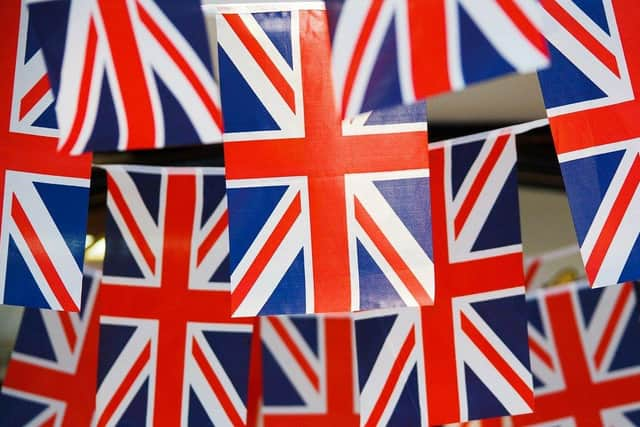

“I used to pick winkles, mussels, and catch crabs. I kept rabbits, and chickens for the eggs, and these provided more nourishment than the food ration. “Clothes were also rationed, so shirts, trousers were passed down in most families. Things were certainly tough in those days.
“But at least we all had jobs. Kids could serve apprenticeships, that gave them skills to work anywhere in the world.
“I worked all over the U.K, in Holland, Germany. New Zealand, and now live in Australia. All with the skills I learned in Hartlepool in Gray’s shipyard.
Advertisement
Hide AdAdvertisement
Hide Ad“Times were certainly hard then but compared to the current coronavirus crisis, I think we all lived the life of Riley.
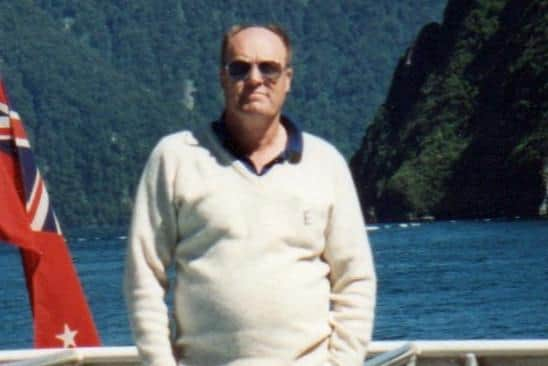

“We have survived wars, famines, droughts, plagues, But I’m not sure we may survive this one.”
He left school at 15 to become an apprentice welder in the shipyards before becoming a Gunner in the 2nd Royal Horse Artillery .
Advertisement
Hide AdAdvertisement
Hide AdIn the late 1950s, he got a job on the North Yorkshire Moors building a BMEWS (Ballistic Missile Early Warning Station). He later worked on jobs all over the country before being offered a job in 1986 in Western Australia as a welding instructor.